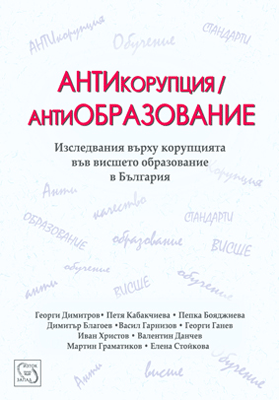
We kindly inform you that, as long as the subject affiliation of our 300.000+ articles is in progress, you might get unsufficient or no results on your third level or second level search. In this case, please broaden your search criteria.

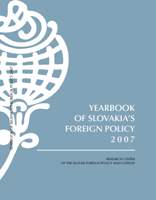
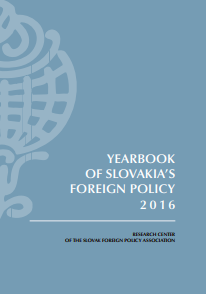
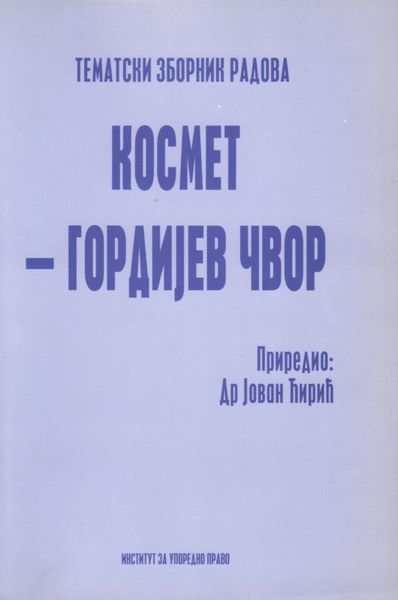
The region of Kosovo and Metohia is a center of Serbian history and the state formation, as well as a central territory of medieval Serbian state. This region covers 10887 square kilometers, or 12, 3 % of the whole state territory of Serbia. Looking from the geopolitical and geo-strategic aspect, so far the region of Kosovo and Metohia has been a security macro-rampart of Serbia. Even though the United States of America together with her allies has used all means prohibited by international law to seize Kosovo and Metohia, looking from political and legal aspect, Kosovo and Metohia can never exist as an independent state, due to the fact that there have never been elements present for formation of Albanian statehood on this part of Serbian territory. It was not Serbia who had defined the state borders with her neighboring states, but the international community, who did it on the basis of ethnic structure of the population and Turkish (“defter”)* books. These borders were determined on the London Conference in 1913, and after the revision they were finally confirmed on the Florence Conference in 26 July, 1926. Serbia holds legal and historical right to Kosovo and Metohia, which has been older than ethnic right. It is also supported by international law, because of the United Nations Charter’s ban on forceful seizure of territorial parts of sovereign states.
More...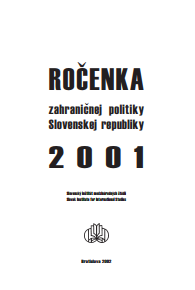
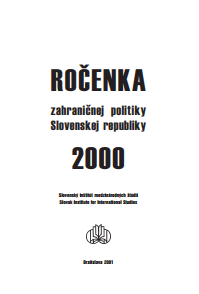
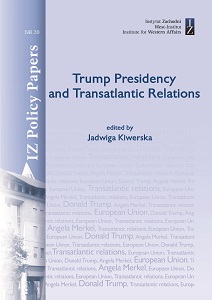
As he bid his final farewell to the presidential office in January 2017, Barack Obama left the world in a fairly poor condition. Although the outgoing president can hardly be blamed for any of the international problems and threats, he could not be absolved from such responsibility being a leader of the world’s most powerful nation. On the other hand, on assuming his country’s highest office in January 2009, he too inherited a range of challenges and unresolved conflicts from his predecessor, George W. Bush Jr. These included the global financial and economic crises, the unresolved war on terrorism, the threat of the proliferation of nuclear weapons, the failure to benefit in any way from the deployment of US forces in Iraq and Afghanistan, the rise of new global centers of power and ambition, tensions in relations with Russia, and finally, highly strained transatlantic relations.
More...
Barack Obama’s presidency brought a great deal of changes to US foreign policy. While even in its preliminary premises of the new administration, the United States was to continue playing a leading role in strengthening the world order, the assumption was that it would mainly rely on diplomatic efforts rather than military interventions and that it would minimize the cost. By “leading from behind”, following through with the previously announced “reset” in Russian relations and pivoting towards Asia and the Pacific Rim in foreign policy, the United States sent a message that understandably upset its European allies. Without a doubt, the new approach would impact the Transatlantic Alliance. There was a neccessity for Europe to become more active internationally and more responsible for its own security.
More...
The interests of the European Union and its member states and those of the United States are divergent if not mutually exclusive on a range of issues. During the first six months of Donald Trump’s presidency, such differences came into sharp relief. Nevertheless, there are still a number of issues in transatlantic relations on which cooperation continues to be good due to shared security priorities. Other than drug and weapons trafficking, an excellent example is the fight against terrorism. Close cooperation in combatting terrorism began after the 9/11 al-Qaeda attack on America. Ties grew even closer after the terrorist attacks on Europe, first in Madrid on March 11, 2004, and then in London on July 7-21, 2005. Another factor was the escalation of threats from ISIS.
More...
Prior experience with Donald Trump’s Presidency reveals a likely ongoing shift away from the decades-old paradigm of close relations between the United States and Europe. Such relations extend not only to politics, defense and the economy but also to culture and social issues. Forged after World War II and bolstered with the experience and effectiveness of the Transatlantic Alliance, the relationship became highly uncertain through the steps of the new administration and European reactions. Its dismantling is not a done deal. It is still conceivable that, after a period of turbulence and chaos observed in the wake of the White House changeover, the transatlantic community may regain strength.
More...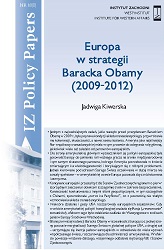
During the presidency of Barack Obama, the European continent ceased to be a region of primary importance and an object of special concern in the field of security for the United States. For the American side, the main determinant of its European policy was Europe's readiness to play the role of an important player in the international arena and thus an effective partner that America needed in a world heading towards multipolarity and struggling with various problems. However, the expectations directed at the Old World were largely unfulfilled - in the American opinion, Europe remained too diverse and assertive. The balance of Barack Obama's first term in office in relations with Europe is, on the one hand, a sense of marginalization of the Old World in the global policy of the USA, and on the other - the continuing inertia of European states in relation to many challenges of the modern world, disappointing for the American administration.
More...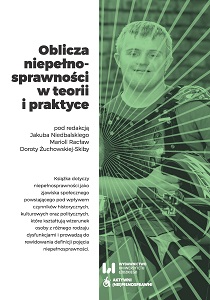
The text focuses on issues of social support which is defined as giving help to a person in a difficult situation. Social support is particularly important in the helping professions, which include the medical professions. The medical profession, which is described in the text is an occupational therapist. The occupational therapist should possess not only expertise, they should also be familiar forms of social support (emotional, informational, instrumental, material, spiritual) and be able to provide support to patients.
More...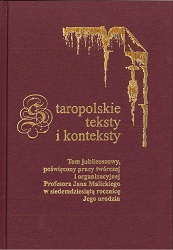
The article discusses the issue of bandit activity in the Żywiec region in 17th and 18th century. The main source of information regarding that topic is „Chronography or the Chronicle of Żywiec” by Andrzej Komoniecki, which documented the history of Żywiec and its vicinity between 1400–1728. This singularly fascinating source text mentions a plethora of executions of local bandits, while the author does not shy away from detailed descriptions of torture and death penalty. The chronicle confirms that, due to the geographical location of Żywiec (the proximity of the mountains), bandit activity constituted a serious issues – hordes of bandits robbed houses, manors and parsonages, as well as traveling merchants, sparing no one who dared oppose them. On the other hand, many inhabitants of Żywiec assisted the bandits and – according to the sources – did so not only out of fear. On the contrary, the courage, resilience and lack of the fear of death that characterized the bandits made them more relatable to the rest of the populace. Those mechanisms, in turn, facilitated the emergence of the myth of the “noble bandit.”
More...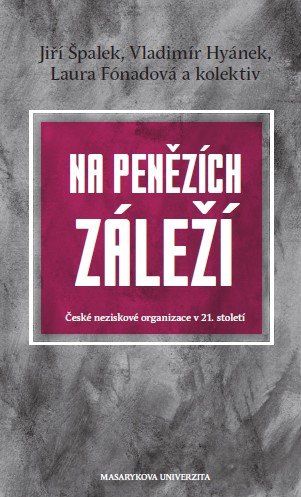
The text of this book is framed by several major phenomena and economic processes. The main framework is represented by the nonprofit organizations economy. This field has been narrowed down to the nonprofit revenues, and to the ways these revenues are obtained. Moreover, we focused on the question how the Czech nonprofit organizations respond to the real or potential failure of particular resource stream. Our investigation covers the turbulent times of financial and economic crisis (2008-2013), as we searched for deeper understanding of the ways nonprofit organizations cope with the loss of income and change their structure when such loss occurred.
More...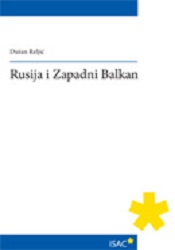
The European Union undertook to act as a "driving force" during the transformation conflicts in the Western Balkans with the aim of ensuring peace and security in Europe. Prospects for membership in the Union, which have been provided to the states of this region, work according to in the words of Commissioner for Enlargement Olli Rhen, as a "compass that helps countries in the region to orient themselves and stay on the peaceful path towards reforms". In the EU enlargement strategy, it is stated that preventing conflicts and strengthening stability and security, belong to the strategic interests of the European Union. It serves those interests, as one of the most effective foreign policy instruments of the Union, and its policy expansion. When the entire region is integrated into the EU, among the countries of that part of the continent a lasting and stable peace will be established. At least that is the widespread hope within Western Balkans and beyond.
More...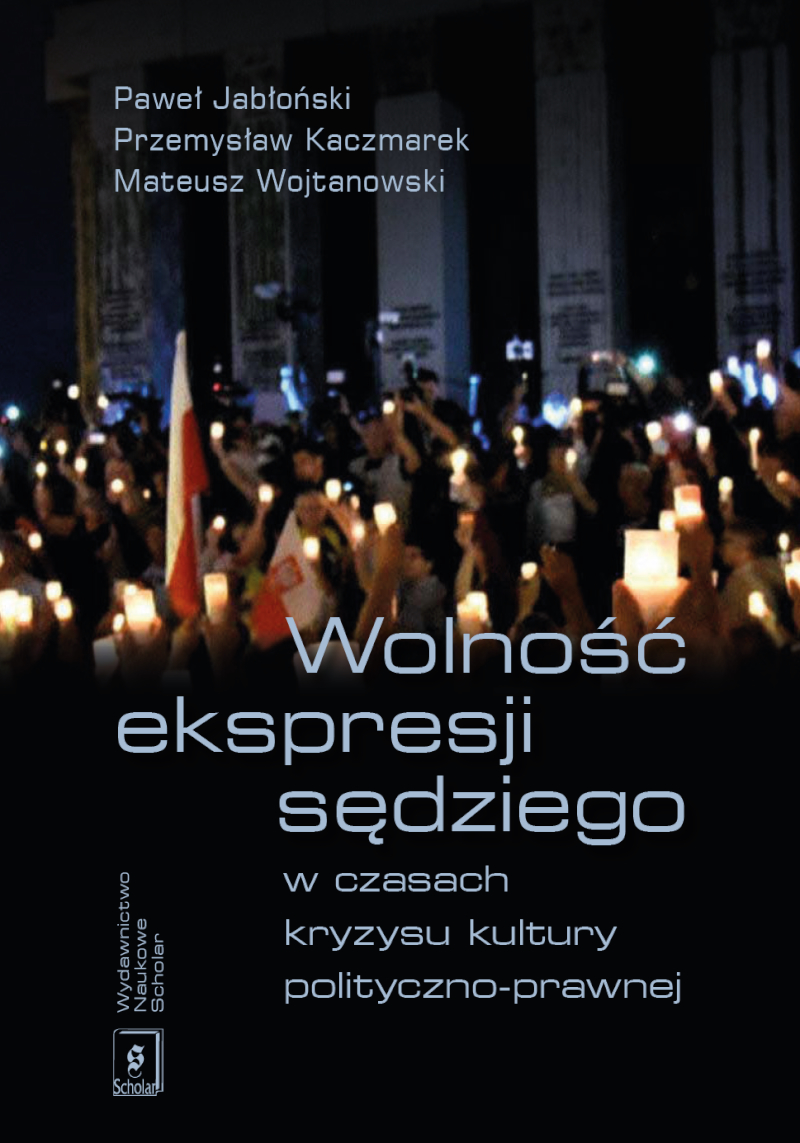
Autorzy spoglądają na tytułową problematykę z różnych punktów widzenia. Po pierwsze, jest to perspektywa ustrojowa, dotycząca roli sądów i sędziów w demokratycznym państwie. Po drugie, perspektywa konstytucyjna, związana z wolnością wypowiedzi każdego obywatela, w tym sędziego. Po trzecie, problem oceniany jest z perspektywy norm prawa krajowego i międzynarodowego. Po czwarte wreszcie, dla autorów istotna jest perspektywa zasad etyki zawodowej sędziów i norm, które można z nich wyprowadzić w odniesieniu do dopuszczalnych postaci ekspresji sędziego. (…)Książka zawiera starannie uzasadnione wnioski dotyczące ograniczeń ekspresji sędziów, które stanowić powinny fundament refleksji sędziów, dyskusji, którą należałoby odbyć w środowisku prawniczym, i być może nowego ukształtowania dyrektyw, które w przyszłości mogą być wykorzystywane w kształceniu sędziów i innych kadr sądowych, w tworzeniu nowego modelu polityki informacyjnej sądów i w orzecznictwie dyscyplinarnym. dr Michał Laskowski, sędzia Sądu Najwyższego Można się zastanawiać, czy problematyka sędziowskiej ekspresji pojawiłaby się jako temat badawczy, gdyby fundamenty kultury polityczno-prawnej w Polsce nie zaczęły być kwestionowane wraz z wydarzeniami z drugiej połowy 2015 r. Kryzys wpłynął zasadniczo na postawy samych sędziów, którzy pojawili się w przestrzeni publicznej oraz medialnej. Procesom tym towarzyszył rozwój mediów społecznościowych, przemiany na rynku prasy i innych mediów (np. spadek znaczenia telewizji), zmiany w formach komunikacji oraz jej modelach. Zrodziło to wiele pytań dotyczących właśnie wolności sędziowskiej ekspresji. (…)Książka jest znakomita. Olśniewa wręcz bogactwem konceptualizacji zaczerpniętych z trafnie dobieranej literatury przedmiotu (…). Ujmuje jej wyważony styl i elegancki sposób formułowania sądów. dr hab. Maciej Wojciechowski, Uniwersytet Gdański
More...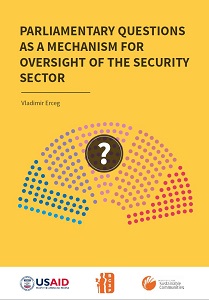
This document highlights the importance of tracking political party pledges to ensure democracy remains functional and accountable. Without such tracking, democracy risks being reduced to mere voter approval during elections, allowing political elites to focus solely on re-election strategies rather than serving the public will. Over time, this undermines democratic values and erodes confidence in institutions. The National Assembly of Serbia, as defined by the Constitution, is the supreme legislative body responsible for ensuring democratic checks and balances. It holds powers to oversee, control, and, if necessary, terminate the mandates of the government and individual ministers. This oversight is particularly crucial in the security sector due to its potential for power concentration, significant budget allocation, and its role in safeguarding citizens' rights. Parliament also serves as a critical intermediary between the public and executive power structures. The National Assembly employs several mechanisms to exercise its oversight role, including parliamentary questions, reports on government functioning, and interpellation. Parliamentary questions are a significant tool for scrutinizing government activities, particularly in the fields of security, defence, and internal affairs. These questions can address corruption and the management of resources within the security sector. An analysis of the eighth and ninth parliamentary terms (2008–2012) of Serbia's National Assembly reveals both the application and limitations of parliamentary questions in overseeing the executive. While this mechanism is widely used, shortcomings in its application were identified, prompting recommendations for improvement. The article underscores the necessity of enhancing these oversight tools to strengthen parliamentary control, especially in addressing corruption and ensuring transparency in the security sector.
More...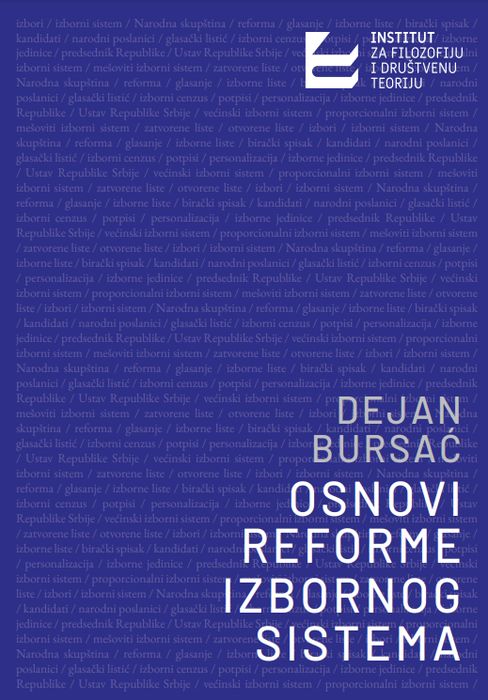
Reality sometimes overtakes scientific research and academic debate. Although the topic of this monograph goes beyond just one in a sea of electoral cycles, the events of the elections held in Serbia on December 17, 2023 significantly influenced the return of the narrative about the need for electoral reform to the domestic public. It certainly contributes to the topicality of this book. Election conditions as one of the important political issues in Serbia have been present in the public discourse for several years - at least since before the 2020 elections and the announced, and then realized, boycott of most opposition parties; while the need for change or at least serious reform of the electoral system has been discussed in academic circles for two decades. Despite this, the electoral system that has been in force in Serbia since October 2000 has proven to be extremely resilient. Its consequences are often extreme, both from the point of view of electoral actors, and from the point of view of the wider institutional and social framework, which we will discuss in a series of chapters below. The proportional electoral system with closed lists and the entire country as one electoral unit is rare in comparative practice and is applied, with greater or lesser variations, by only a few countries around the world, but in Serbia last year it celebrated its anniversary, since it was applied in equal ten consecutive parliamentary election cycles.
More...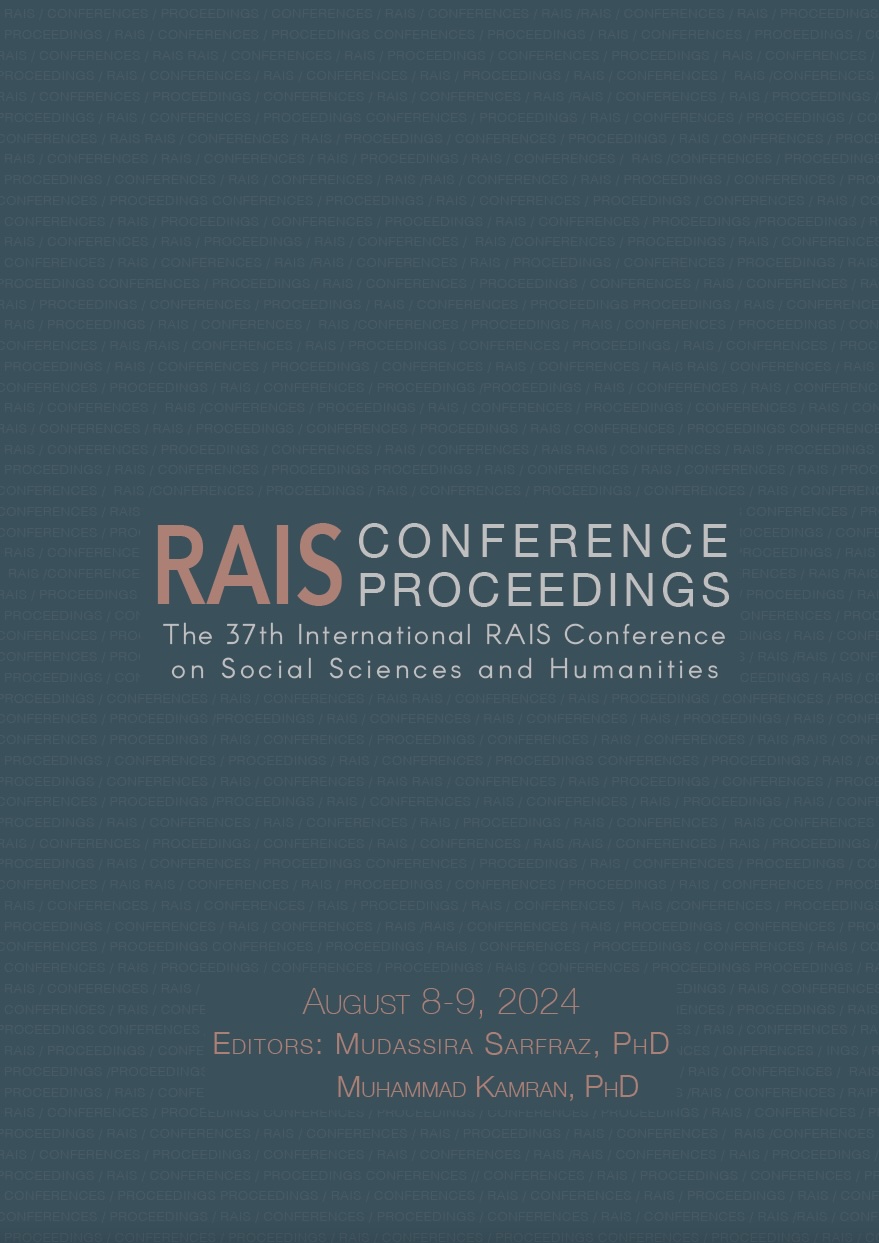
The 37th International RAIS Conference on Social Sciences and Humanities was held at The Erdman Center, 20 Library Place, Princeton, NJ 08540, USA, on August 8-9, 2024, and was organized by the Research Association for Interdisciplinary Studies.
More...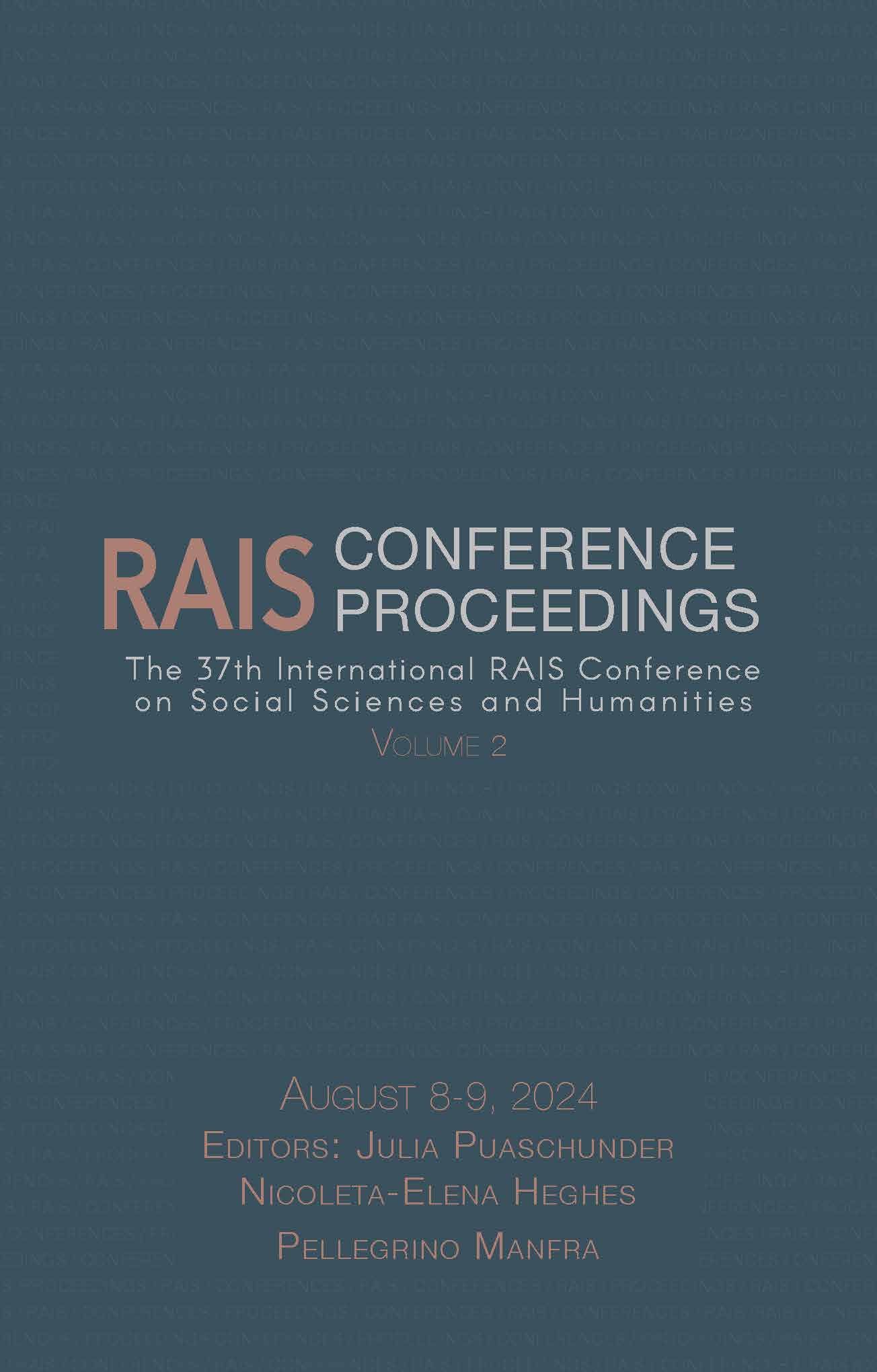
The 37th International RAIS Conference on Social Sciences and Humanities was held at The Erdman Center, 20 Library Place, Princeton, NJ 08540, USA, on August 8-9, 2024, and was organized by the Research Association for Interdisciplinary Studies.
More...